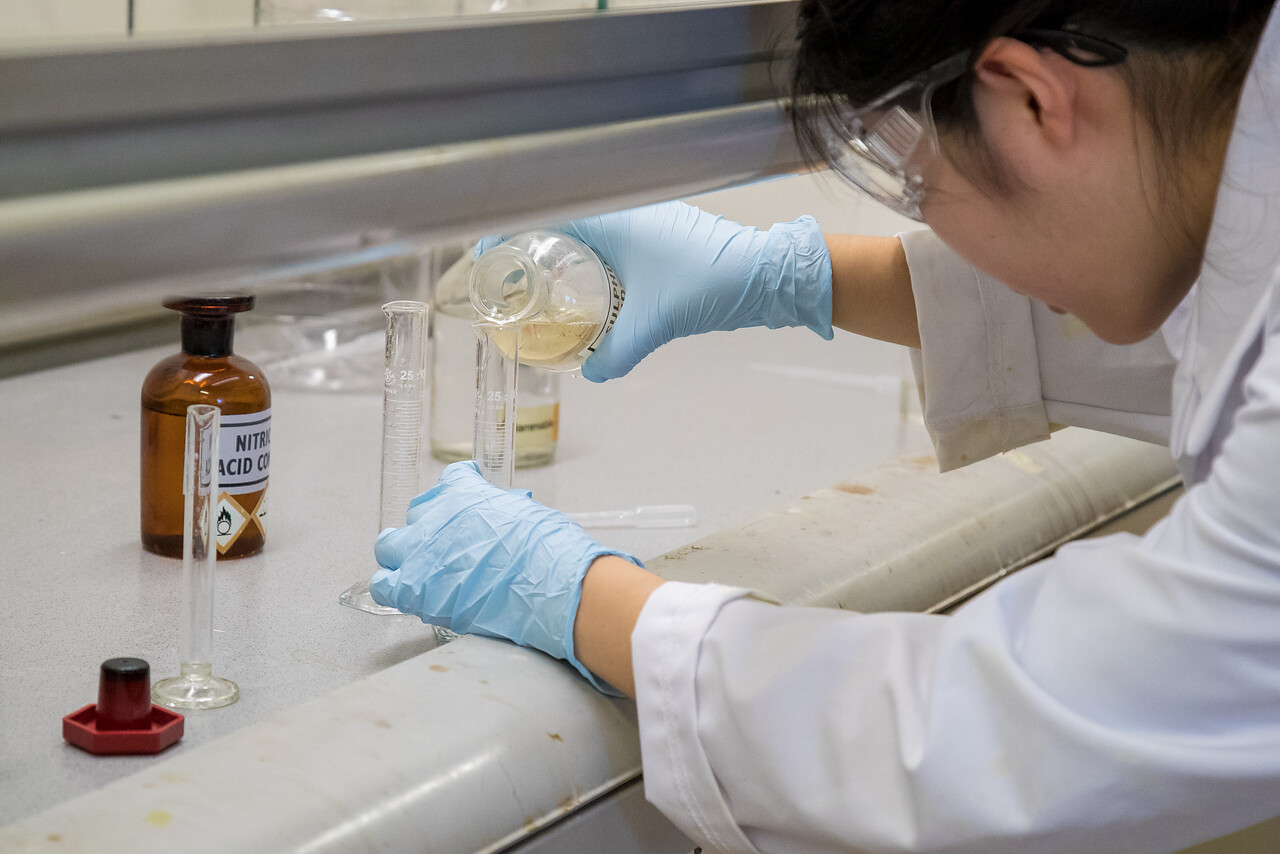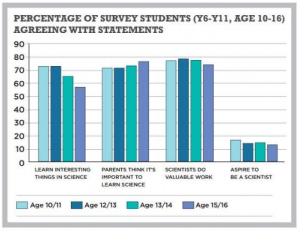This blog was originally posted by the British Science Association as a guest blog.
On Tuesday 17 March 2020, we were told, along with many other researchers in the UK, that by the end of the week, we would no longer have access to our office and that we should conduct our research remotely where possible. For many colleagues working on educational research projects, this posed considerable challenges for fieldwork, as schools, colleges and other educational settings closed. However, the ASPIRES 3 research team, led by Professor Louise Archer, based at UCL Institute of Education, found that the forced move to online fieldwork offered some interesting new opportunities and experiences.
The ASPIRES 3 research study builds on the work of ASPIRES and ASPIRES 2, longitudinally tracking the science and career aspirations of a cohort of young people. Since 2009, the ASPIRES research team have collected over 560 interviews in total, with both young people and their parents, speaking to each of them on up to six occasions – when the young people were in Year 6, Year 8, Year 9, Year 11, Year 13, and now in 2020, when the cohort are 20/ 21 years old and finishing the academic year of their university courses, graduating into a world shaped by the pandemic, or already working.
For most study participants, the same researcher has spoken to them every couple of years, since they were 10 or 11 years old. This, along with the fact that we have also regularly interviewed their parents, helped considerably with the challenge of contacting individuals to organise interviews. We’ve found that, compared with previous years, it was easier to arrange interviews as we did not have to contend with the logistics of travel (all the interviews were recorded remotely) and because most participants had more time to participate, as some were furloughed, others were working from home (like us), and lots had been sent home from university earlier than expected.
As CheekyMonkey* said, “it’s nice to kind of just look back and…kind of like reflect on like myself and what I’m doing”.
Typically, our interviews with the students have taken an hour. This time around, however, they were often double that length. This may have reflected people having more time to talk during lockdown and looking for ways to alleviate boredom or isolation. But we also felt that the young people also had a lot to say – and a need to be listened to in a rapidly changing world facing many challenges – which they hope to shape.
Lots of the young people commented on how nice it was to take time to reflect on how they had gotten to where they are now. As CheekyMonkey* said, “it’s nice to kind of just look back and…kind of like reflect on like myself and what I’m doing”. They shared their worries and hopes for the future and highlighted that this generation are missing out on what is meant to be the “best years of their lives”, with their futures ahead of them. One participant, Davina* mentioned concerns about getting a job, adding that “the potential like massive crash of the economy is going to mess up like an entire generation’s like future. Like my generation will probably be the worst affected by that, because obviously we’ve got our whole lives to get on with.”
Overall, 87% of the young people interviewed so far talked about negative impacts they’ve experienced as a result of the lockdown.
Overall, 87% of the young people interviewed so far talked about negative impacts they’ve experienced as a result of the lockdown. These experiences of financial hardship; feelings of stress, anxiety and sadness; missing friends, family and partners; and concerns about housing and jobs in the future. With over 80% of the interviewees currently in higher education or at the point of graduating, many of the participants mentioned negative impacts to their studies and the move to online learning, including struggling to maintain motivation and concentration; loss of interactive learning opportunities, such as practicals and lab time; missing key learning experiences and opportunities, for example, placements and internships; and the transition to online learning being poorly managed and communicated by their course leaders or universities.
In line with findings from the BSA, many of our participants said the pandemic had reaffirmed their interests in their STEM subject or future aspirations. This includes students hoping to study, or currently studying, medicine, bio-sciences and individuals considering a career in teaching. Joanne* who is considering a graduate degree in medicine commented that “Hearing about all the great research that’s been going on during COVID has made me think oh maybe that would be good…if anything it’s made me want to do medicine more.”
Although most expressed concerns about finding work during the recession, young people studying STEM at university seemed less concerned about the immediate future. Computer Science graduates felt the pandemic has only strengthened the importance of technology and data security. As Josh* pointed out “everyone’s using technology more because that’s how they’re staying connected or working. So, in some ways, there’s more demand for certain companies to perform. And from a cyber security perspective there’s more people doing things online and there’s more companies relying on using computers.”
Our recent report summarises our findings on how COVID-19 has impacted young people’s lives in England. Find out more about the ASPIRES study on our website ucl.ac.uk/ioe-aspires.
*All names in this blog and the report are pseudonyms to keep participant’s identities confidential.
 Close
Close








